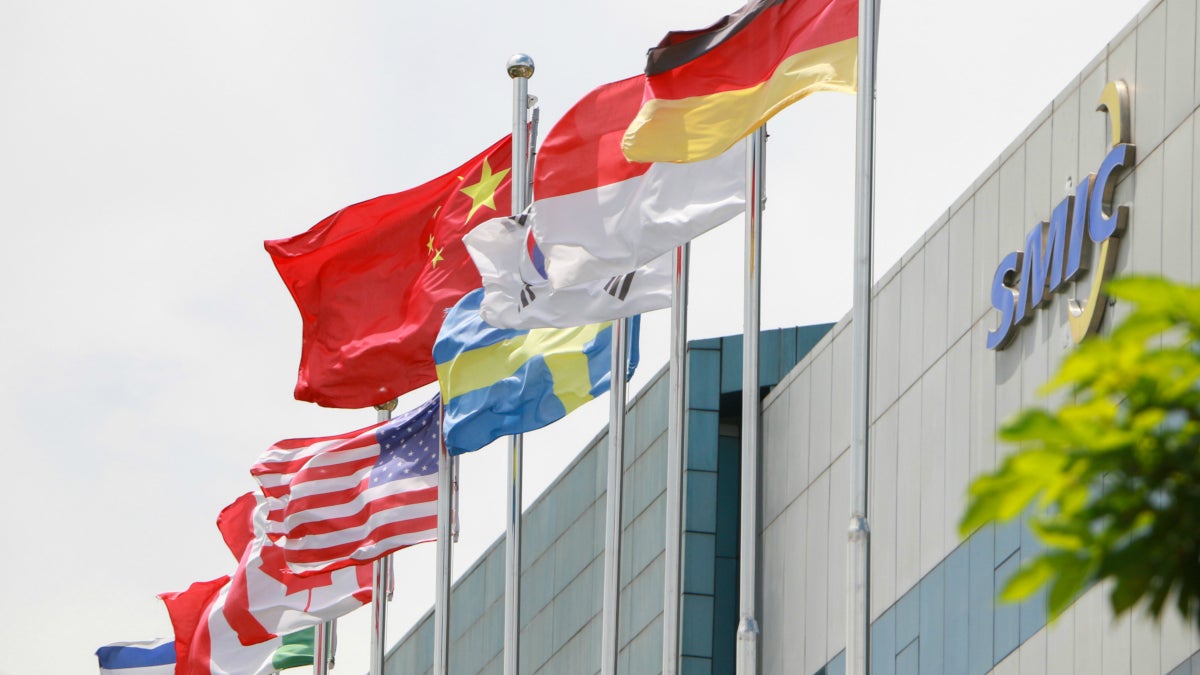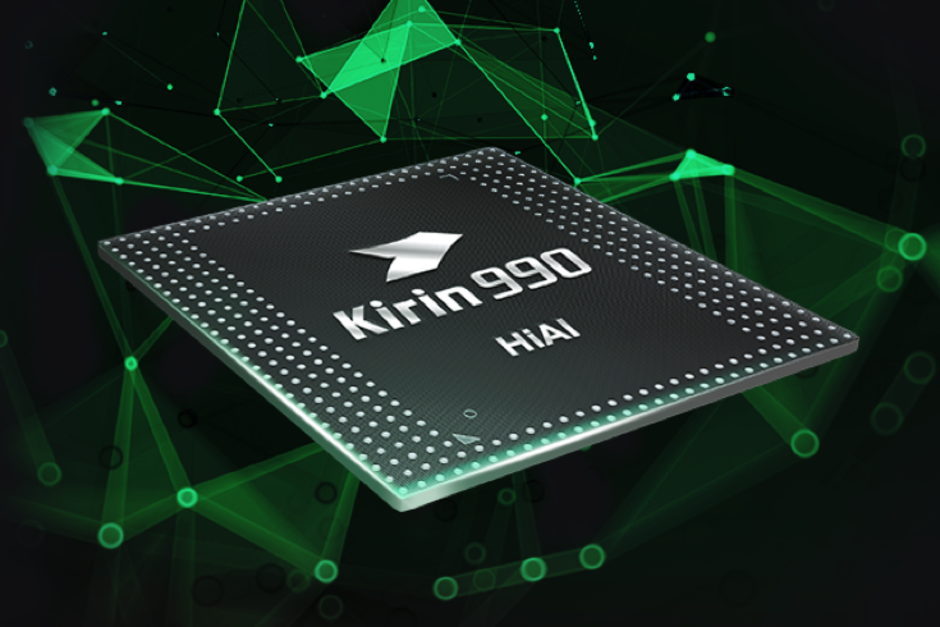Proposed U.S. rule change forces Huawei to make a shift in chip production

Currently, a component made outside of the U.S. that contains 25% of American technology or more is under the export control of American regulators. This means that a chip made using 25% or more of U.S.-origin technology cannot be sold to Huawei because of the U.S. supply chain ban. And the U.S. is reportedly looking to tighten the screws as the Commerce Department weighs dropping that threshold to 10%. If such a change is made, it would be the first in 30 years and would hit Huawei very hard.
Expecting that such a change will be made, MyDrivers reports today that Huawei has directed its HiSilicon chip unit to order the production of 14nm chips from China's leading foundry, SMIC. The company usually turns to the world's largest independent foundry, TSMC, to produce its chips. HiSilicon will still have to use TSMC to produce its cutting edge 7nm chipsets like the Kirin 990 and its 5nm sequel expected to be called the Kirin 1020.
SMIC just started turning out 14nm FinFET chips during the third quarter of 2019
The process numbers refer to the number of transistors that can fit into a small dense location; the smaller the process node, the higher the number of transistors that can be packed inside an integrated circuit. More transistors make a chip more powerful and energy-efficient. For example, the Kirin 990 5G chip used to power the Huawei P40 series carries more than 10.3 billion transistors. SMIC first started mass production of 14nm FinFET chips during last year's third quarter. The Trump administration has stymied efforts by the chip manufacturer to make its chip production more cutting edge.
As we told you last week, U.S. officials met with the Dutch government and successfully talked them into blocking an export license that would have allowed SMIC to take delivery of a key machine. Dutch company ASML is the global leader in selling lithography equipment to the semiconductor industry and SMIC agreed to pay $150 million for an EUV machine. EUV, or extreme ultraviolet lithography, allows for a more precise pattern to be made on wafers. Since these patterns are used to determine the placement of transistors inside an IC, the technology will help chip makers fit even more transistors inside their components leading to the creation of even more powerful and energy-efficient chips. Starting in the second half of this year, TSMC will manufacture 5nm chipsets with Apple's A14 Bionic and Huawei's Kirin 1020 to be among them.

Huawei's current flagship Kirin 990 chip is made by TSMC using its 7nm+ process
While SMIC is expected to produce some chips belonging to Qualcomm's Snapdragon 400 series using the 14nm process, it isn't known which HiSilicon chips it is farming out to SMIC. Most analysts believe that the components are going to be used for a Huawei smartphone or tablet.
In a related story, Bloomberg reports today that TSMC has hired Peter Cleveland, a former Intel lobbyist. The Taiwan based company is trying to get a handle on any potential impact on its chip manufacturing business resulting from the U.S.-China trade dispute. Back in November, Taiwan denied a report claiming that the Trump administration was trying to get the country to pressure TSMC into dropping Huawei as a customer. Huawei is the foundry's second-largest customer after Apple. At the time, Kolas Yotaka, a spokeswoman for the Taiwan Cabinet, said, "Our government has not received any request from the U.S. government to stop TSMC from supplying Huawei."
Huawei is considered a national security threat in the U.S. because of the possibility that it could be asked to spy on behalf of the Chinese government. In the middle of May, the manufacturer was placed on the Commerce Department's entity list which blocks Huawei from accessing its U.S. supply chain. In 2018, the company spent $11 billion procuring parts from the states.
Follow us on Google News













Things that are NOT allowed:
To help keep our community safe and free from spam, we apply temporary limits to newly created accounts: